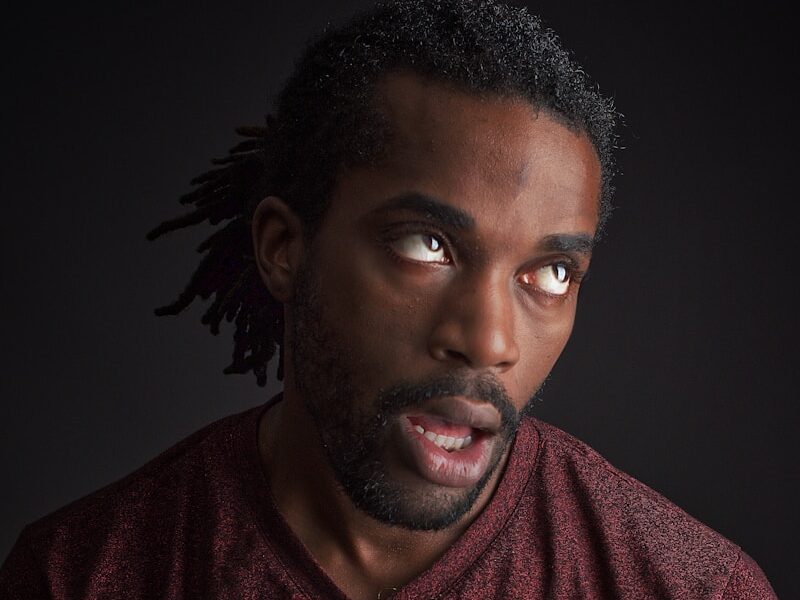
Leaving religion is never as simple as quietly stepping away. For many, it means navigating family pressure, social expectations, and conversations they didn’t ask for. Friends, relatives, and even strangers often feel entitled to ask questions that can feel intrusive or heavy. These questions aren’t always meant to be cruel, but they land awkwardly because they expose assumptions. Here are some of the most common things people hear when they leave religion behind.
Why Did You Leave?

This is usually the first question, and it’s rarely easy to answer. People expect a quick explanation, but leaving faith often comes after years of wrestling with doubts or personal experiences. Asking for a neat answer oversimplifies somethingcomplex. It can feel like being put on trial, forced to defend a decision that was deeply personal. The truth often can’t be summed up in a tidy sentence.
So You Don’t Believe in Anything?

People often equate leaving religion with rejecting all forms of meaning. That assumption erases the fact that many former believers still find purpose in relationships, work, creativity, or values like kindness and honesty. Life without religion isn’t life without belief. It’s simply a belief defined differently. The awkwardness comes from reducing someone’s worldview to emptiness when, in reality, they’ve simply shifted how they see meaning.
Aren’t You Afraid of Hell?

For those raised in traditions that emphasize punishment, this question cuts deep. Even after leaving, fear of hell can linger. Hearing it voiced by others feels like an attempt to guilt or scare them back into faith. It assumes they haven’t thought seriously about consequences. In reality, many have wrestled with these fears privately and chosen to move forward despite them. It’s not a casual conversation starter.
Don’t You Miss the Community?

Community is one of the most difficult things to walk away from. When people ask this, it feels less like curiosity and more like a reminder of what’s been lost. Former believers often do miss the closeness, but they may also remember the judgment or pressure that came with it. Rebuilding a new circle takes time, but it doesn’t mean they’re left without connection or belonging forever.
What About Your Family?

This question often comes with an undertone of pity. It assumes family bonds automatically break when faith isn’t shared. While some relationships are strained, others continue with love and respect. The awkward part is being asked to explain private family struggles to outsiders. For many, it’s one of the most personal and painful parts of leaving faith, and it doesn’t belong in casual conversation.
How Will You Raise Your Kids?

If someone is a parent, this question shows up quickly. It carries judgment about whether children can grow up withvalues or direction outside of religion. For those without kids, it’s still asked as a hypothetical, as if parenting without faith is unimaginable. It places them in a defensive spot, explaining that morals, kindness, and structure don’t require religious instruction to exist.
Wasn’t Your Faith Real to Begin With?

This question suggests that leaving faith means someone was never sincere. It erases the years they may have prayed, served, or believed deeply. It’s offensive because it rewrites their own history. Many former believers cared deeply about their faith but reached a point where questions outweighed certainty. To suggest it was never real is to deny the authenticity of their past.
What if You’re Wrong?

This question often comes with a smirk or a tone of warning. It’s designed to plant doubt, suggesting they’ve made a reckless gamble. For many, this “what if” was a question they asked themselves long before leaving. Choosing to step away usually means accepting uncertainty and deciding to live with it. Being asked again feels like reopening a wound they’ve already stitched up with care.
Who Hurt You?

The assumption here is that leaving faith must be the result of pain or betrayal. While some people do walk away after trauma, others leave quietly after years of study or reflection. This question dismisses intellectual and personal reasons in favor of an easy story. It reduces a layered decision to a single event, which feels belittling to those who know their journey was anything but simple.
Do You Hate God Now?

For those who no longer believe in God at all, this question doesn’t make sense. It assumes someone can hate what they don’t think exists. For others, the answer may be complicated, with feelings of anger or grief tied to their former faith. Either way, the question frames leaving as rebellion instead of change. It misrepresents what is often a thoughtful and deliberate choice.
Don’t You Want Eternal Life?

This question reduces the richness of life to a single concern: what happens after death. For many former believers, leaving faith came with accepting mortality as part of being human. They may even find more urgency and joy in the present because of it. Being asked this puts them in the position of defending a worldview that values life here and now instead of focusing only on the afterlife.
How Do You Know Right From Wrong?

When people ask this, they reveal an assumption that morality only comes from religion. It’s insulting because it questions basic human decency. Many childfree adults, atheists, or ex-believers live by values rooted in empathy, fairness, or responsibility. Right and wrong can be taught and lived without reference to scripture. Having to explain this repeatedly gets exhausting, especially when kindness is already present in their lives.
Will You Ever Come Back?

This question assumes leaving is temporary, as if every former believer is secretly waiting to return. It dismisses the finality of their choice and paints their current life as incomplete. For some, it may feel like hope from loved ones. For others, it’s condescending, as though they can’t be trusted to know their own minds. It puts them in the awkward position of defending their permanence.
Do You Feel Empty Without Faith?

This one comes with pity more than judgment, but it still stings. It assumes faith is the only source of joy or purpose. Many who leave religion actually feel lighter, free from the guilt or pressure they once carried. Life without faith doesn’t have to mean emptiness. It can mean new beginnings, new meaning, and a sense of self that isn’t tied to institutions or rituals anymore.
What Do You Believe Now?

This question can feel like a test. People who ask this question often want a clear label or an easy category to put someone in. But for many who leave faith, the answer isn’t simple. Beliefs may still be forming, shifting, or intentionally left open. Having to explain or defend a new worldview feels invasive. Sometimes, the most honest answer is that belief has become more personal and less defined.

